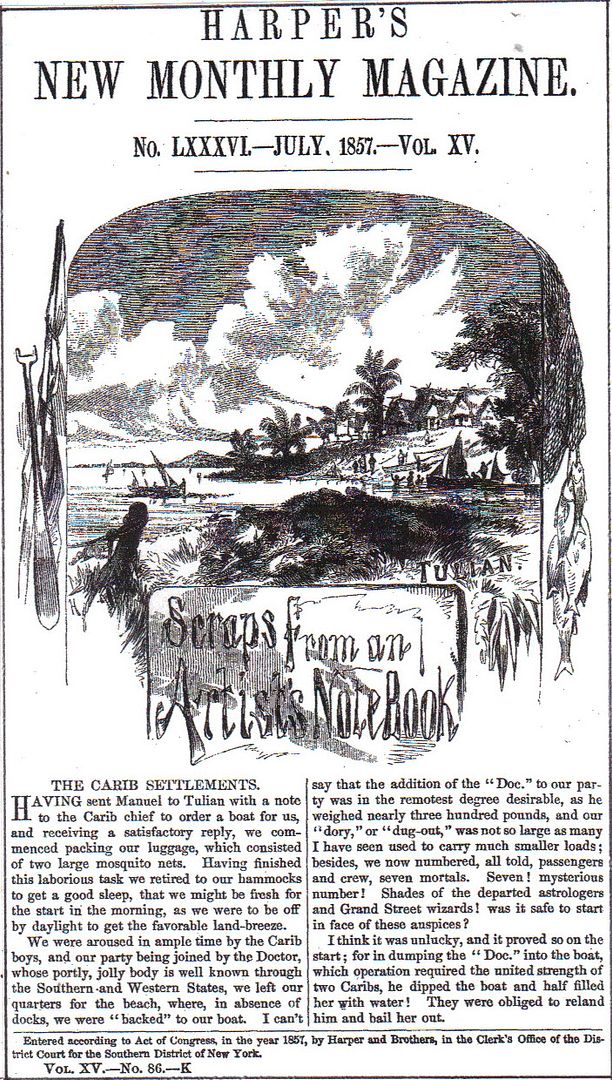
Posted on 07/01/2017 6:20:50 AM PDT by Homer_J_Simpson

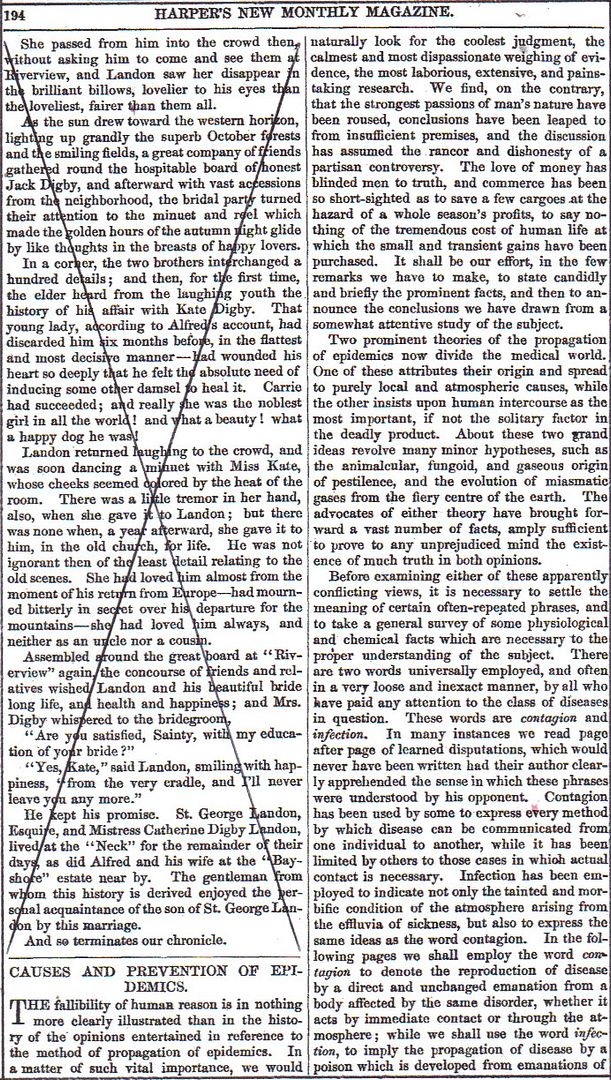
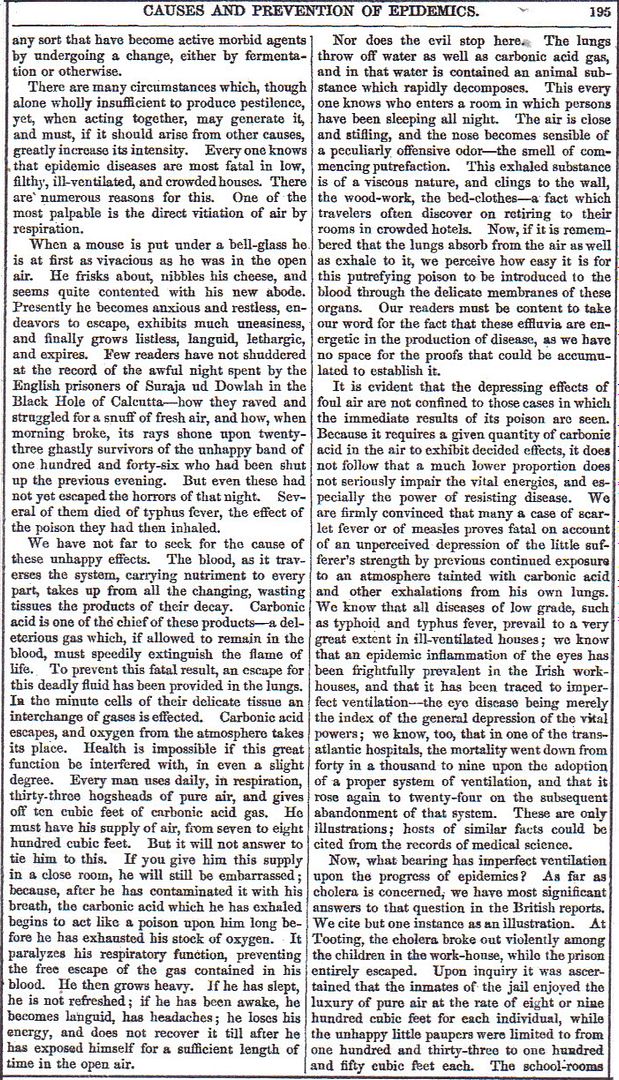
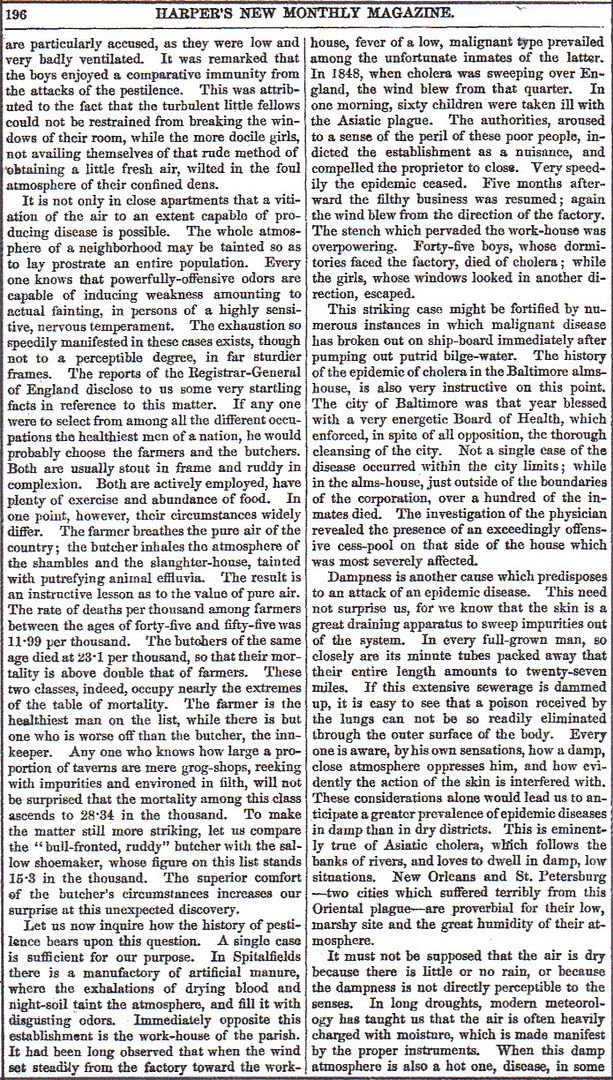
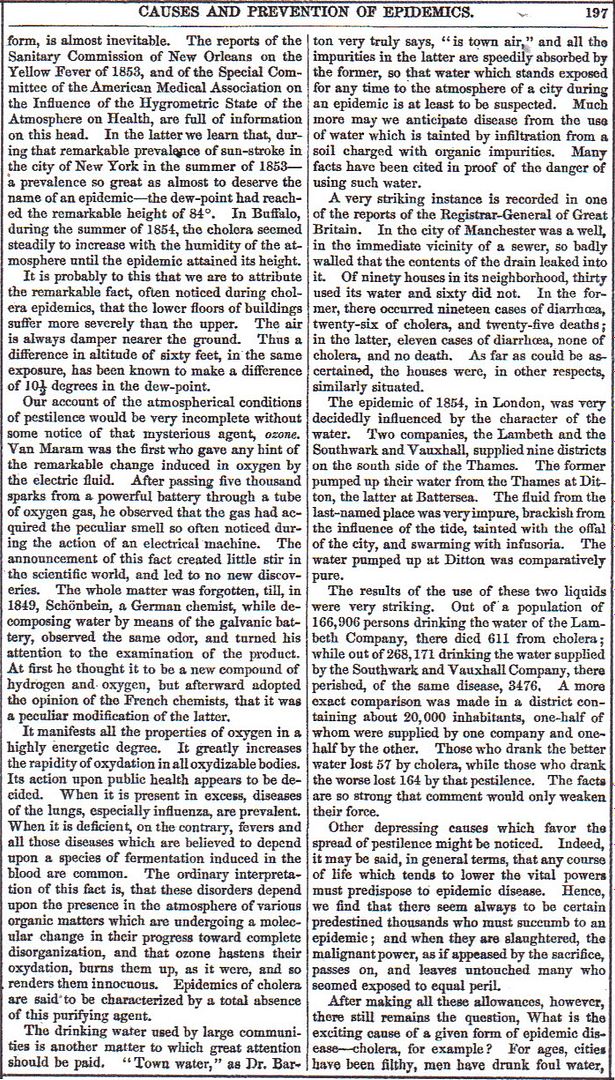
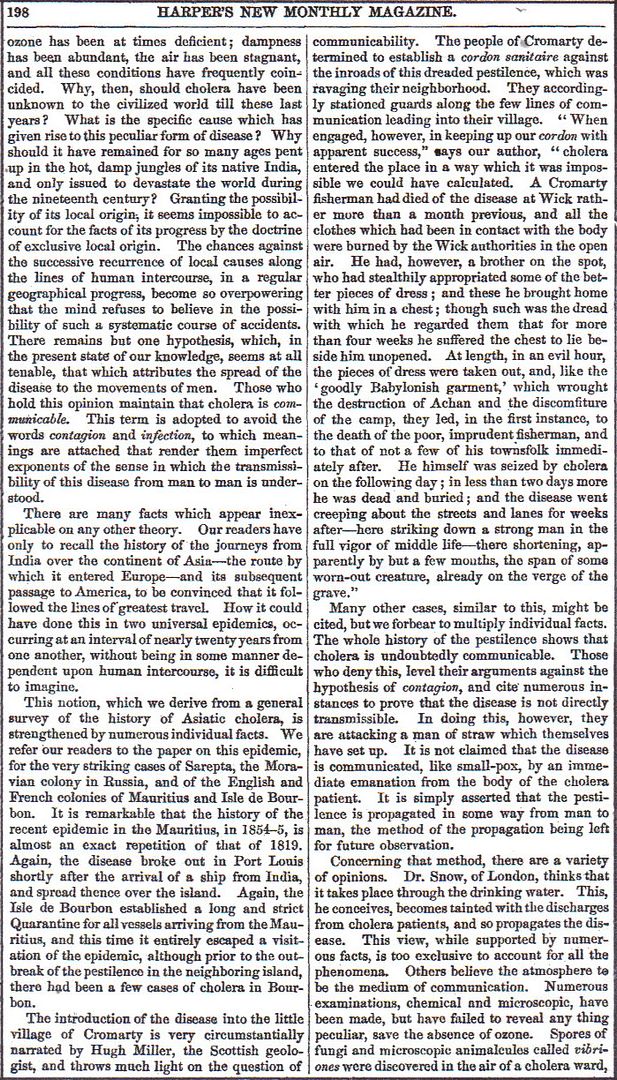
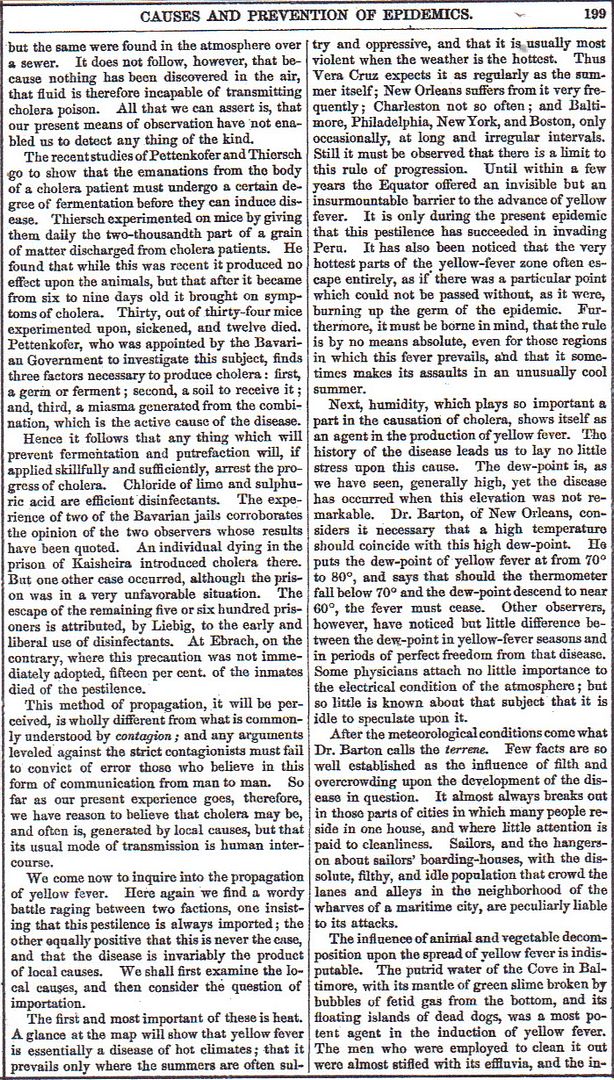
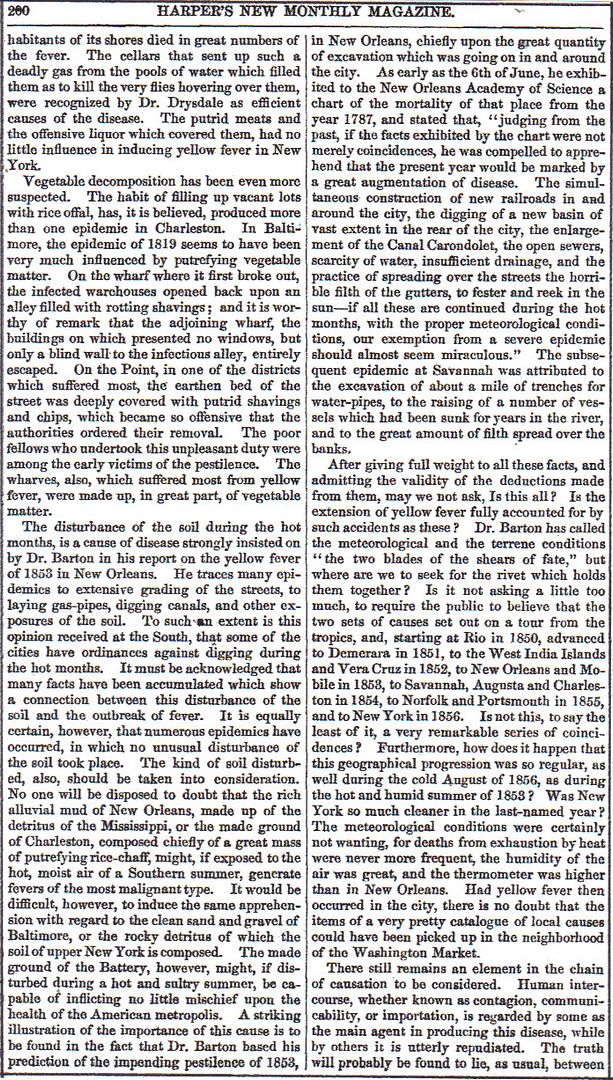
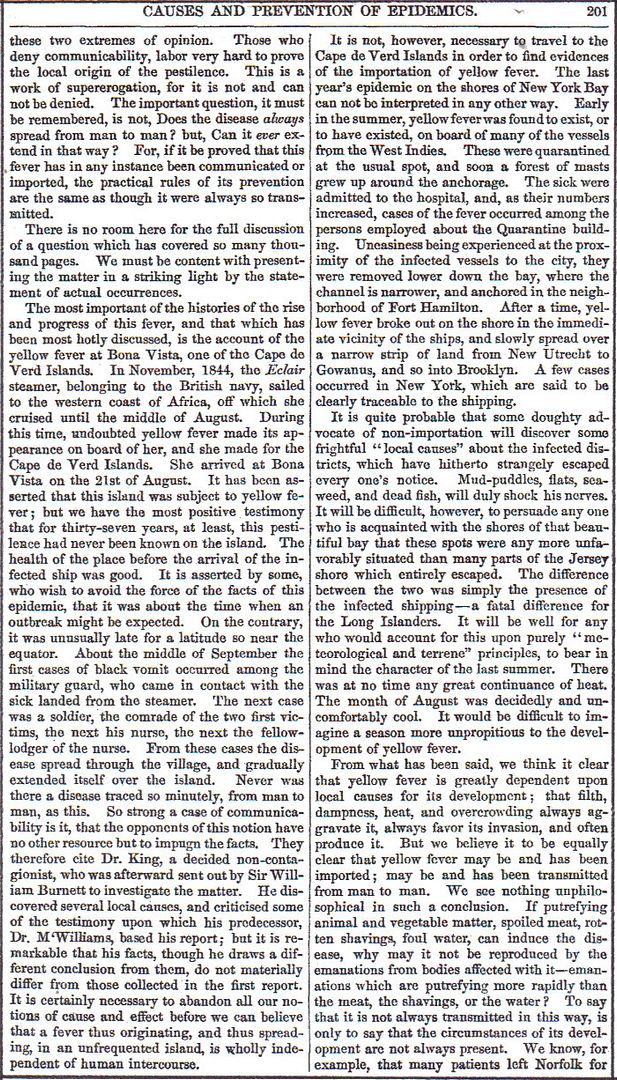
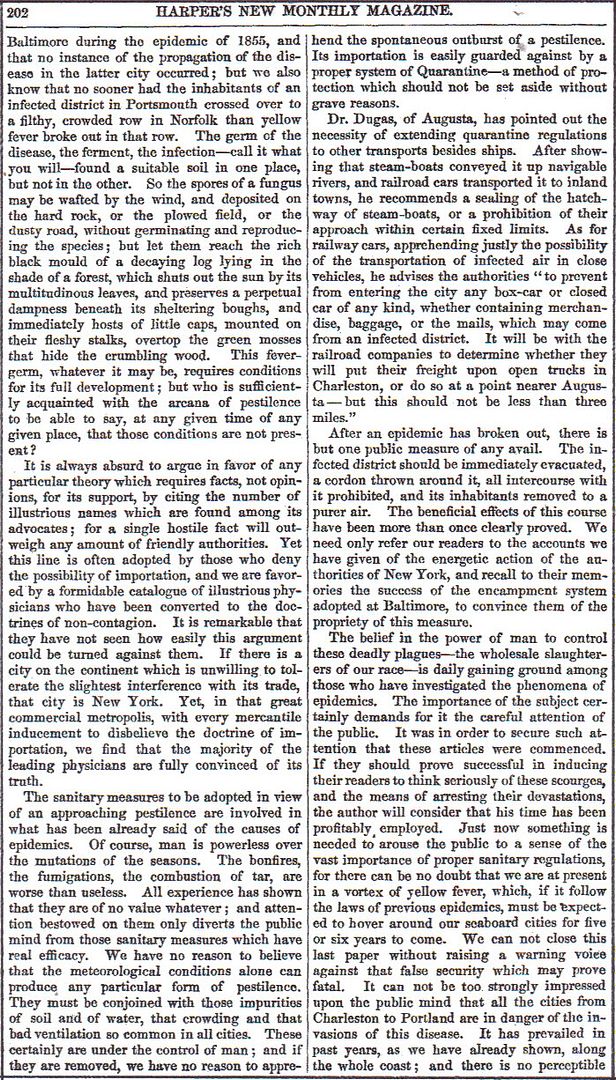
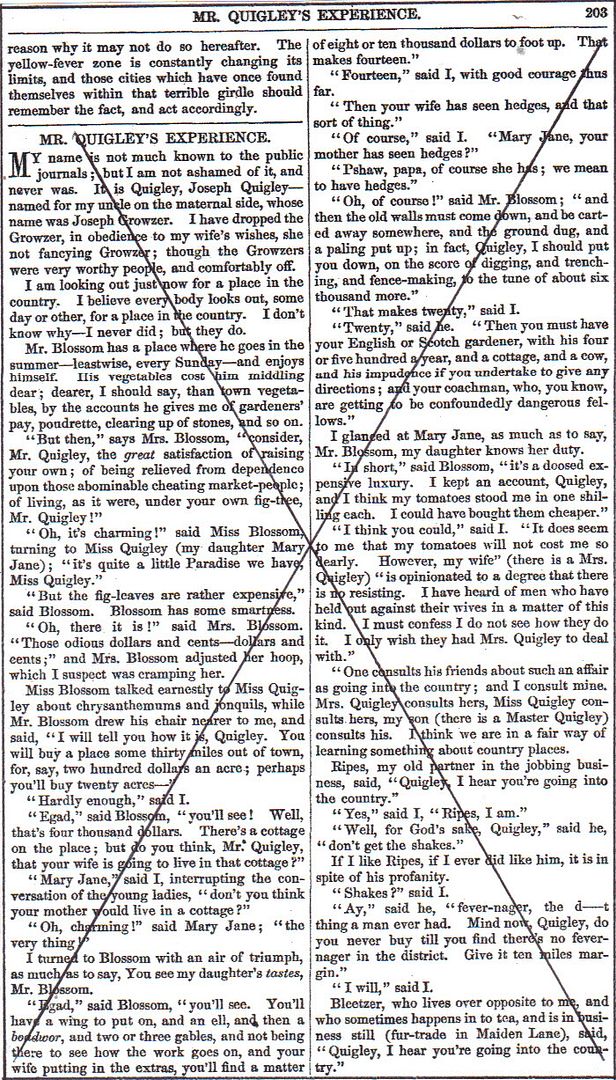
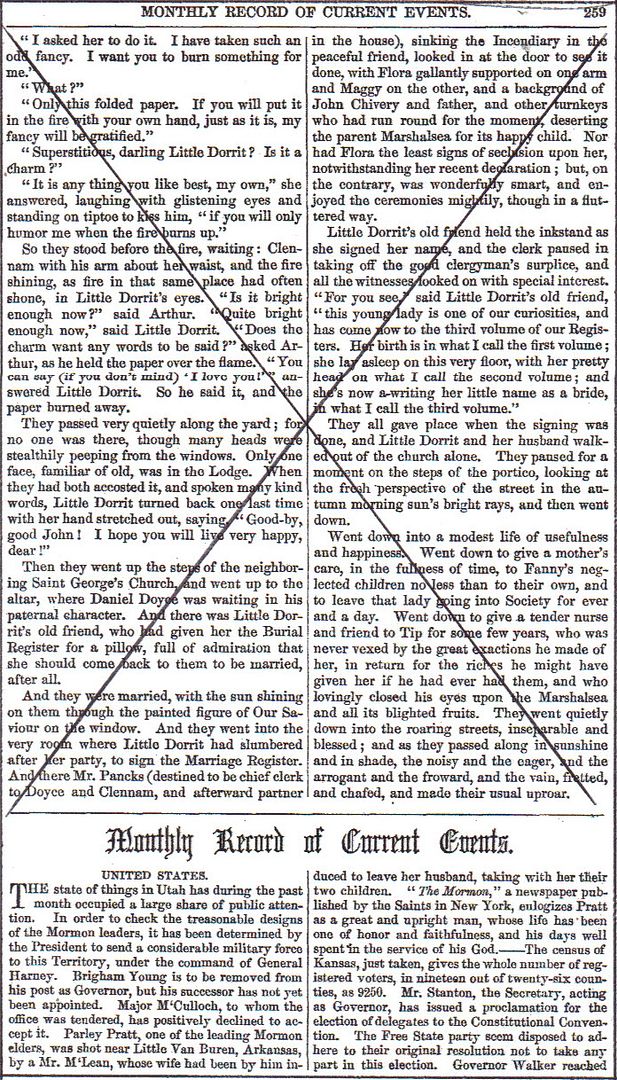
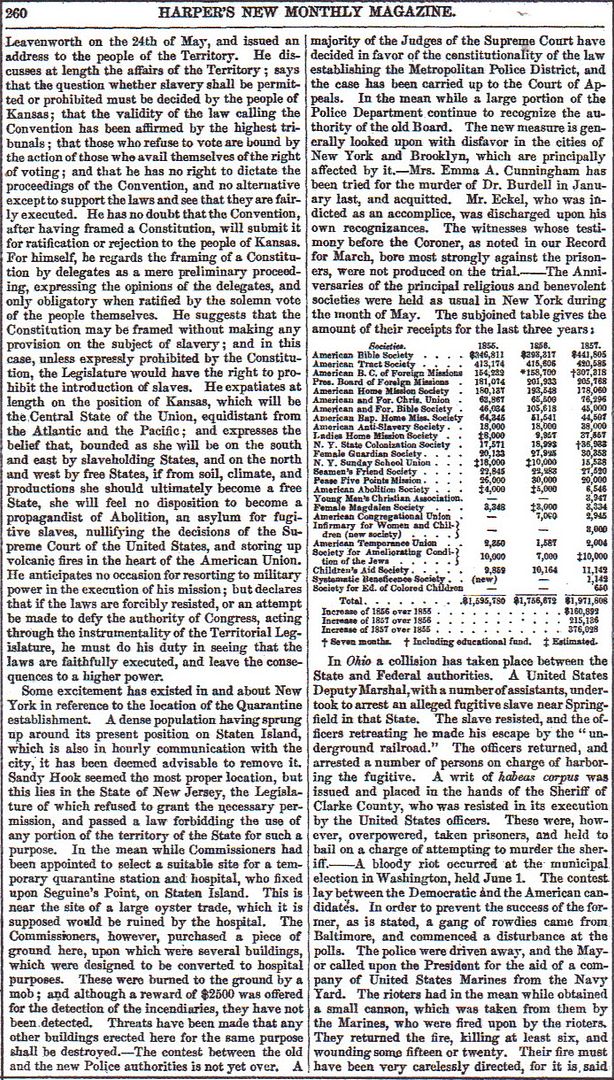
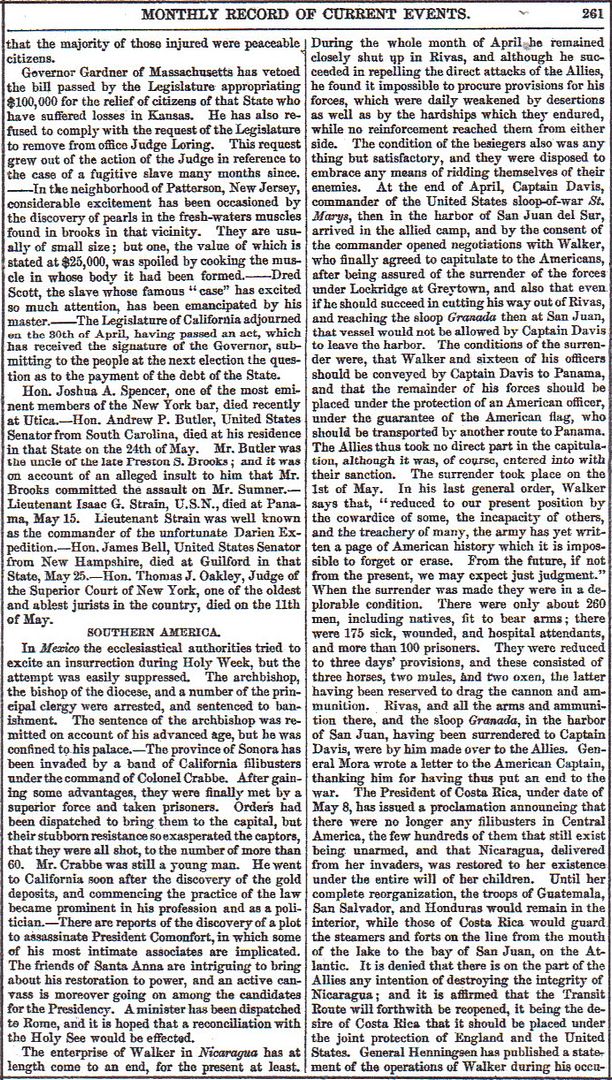
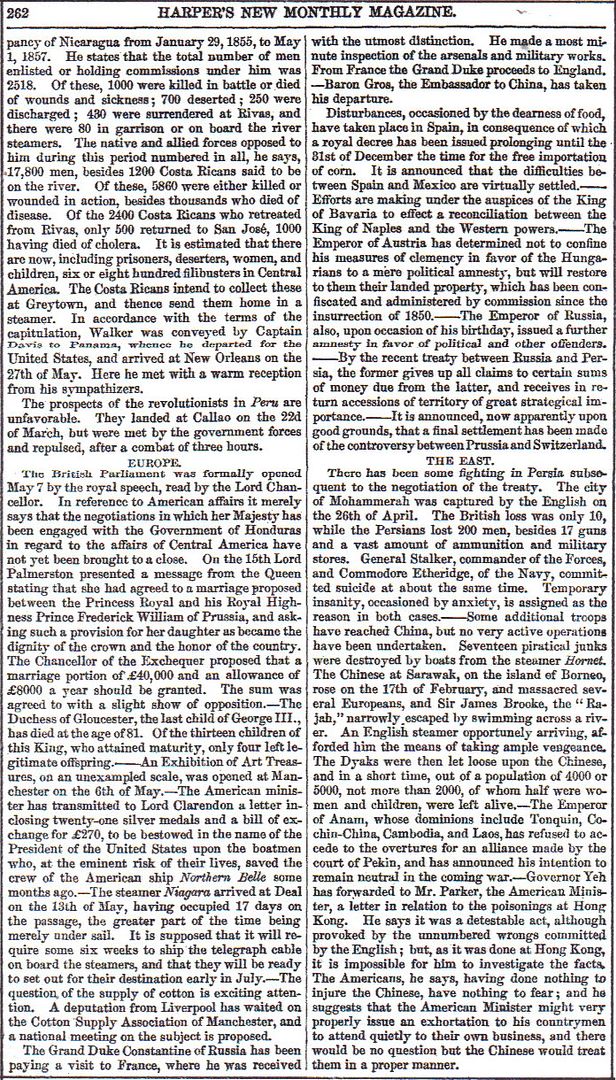
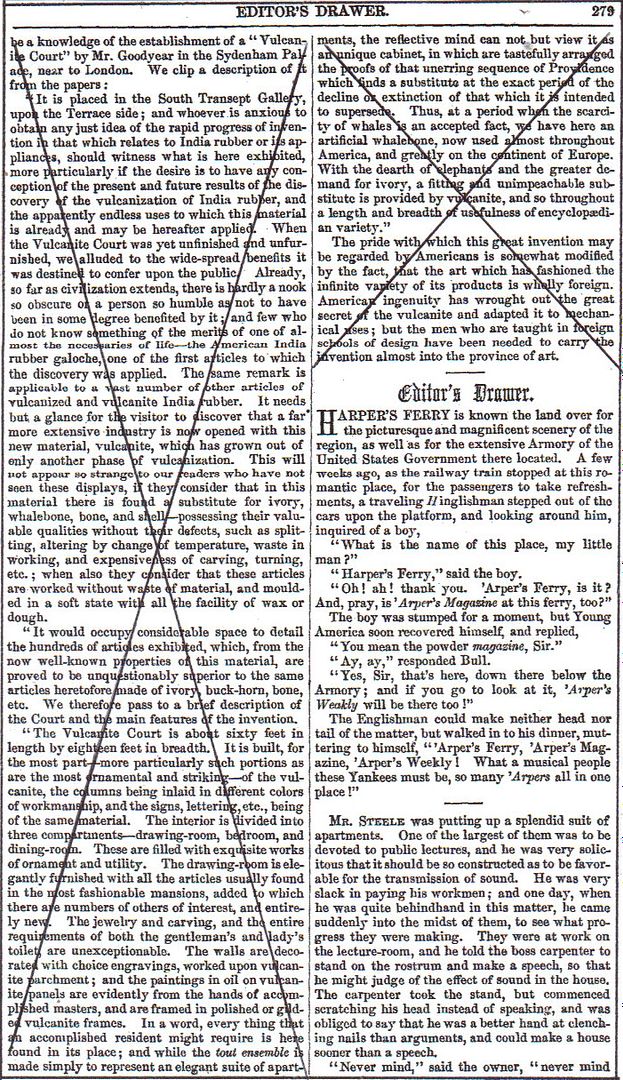
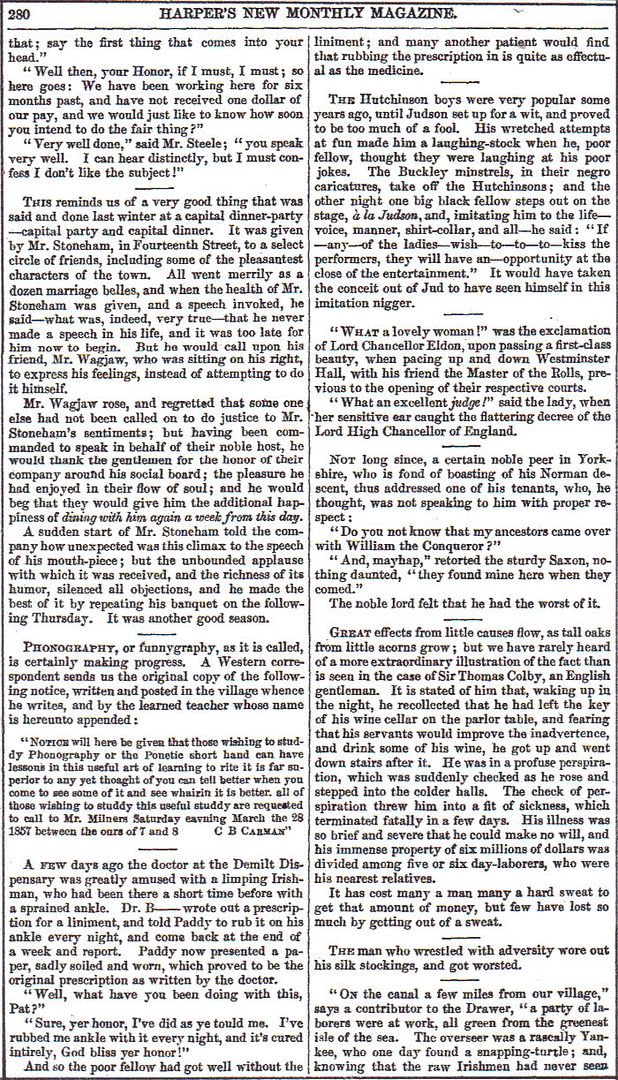
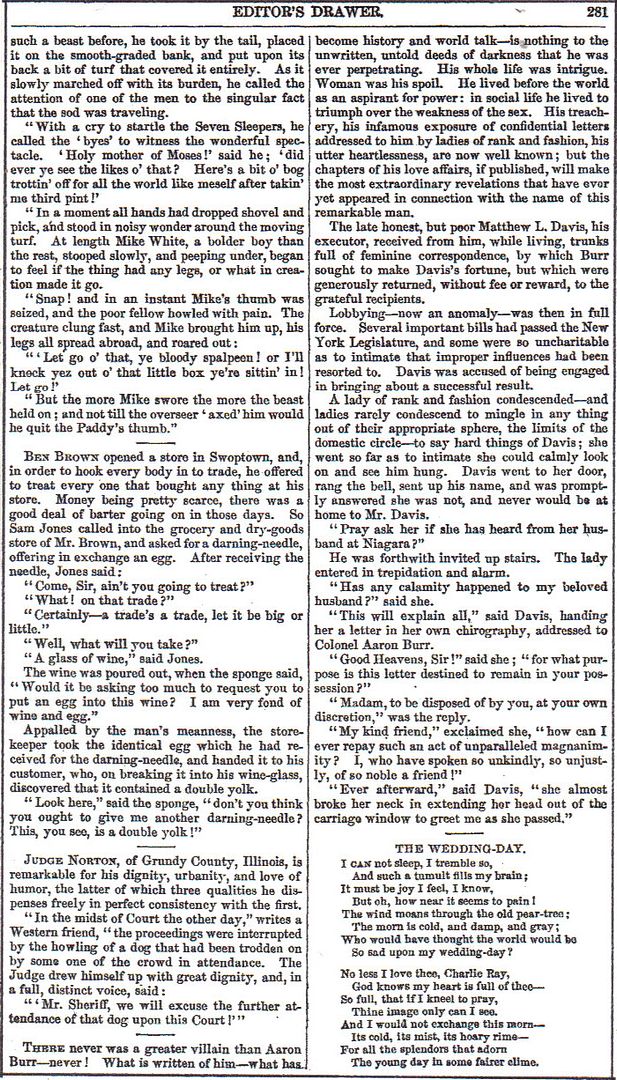
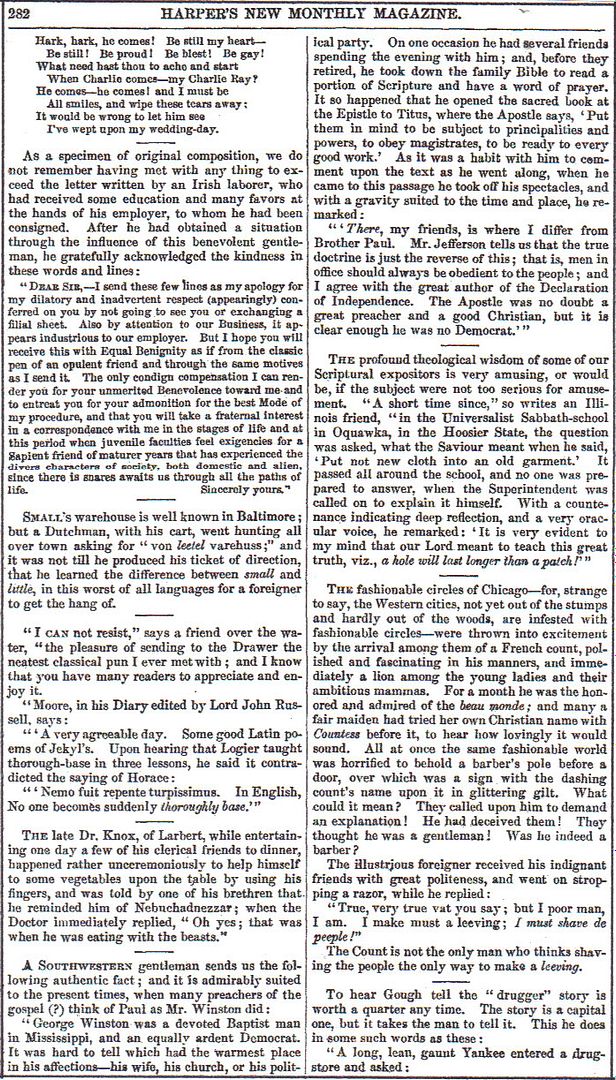
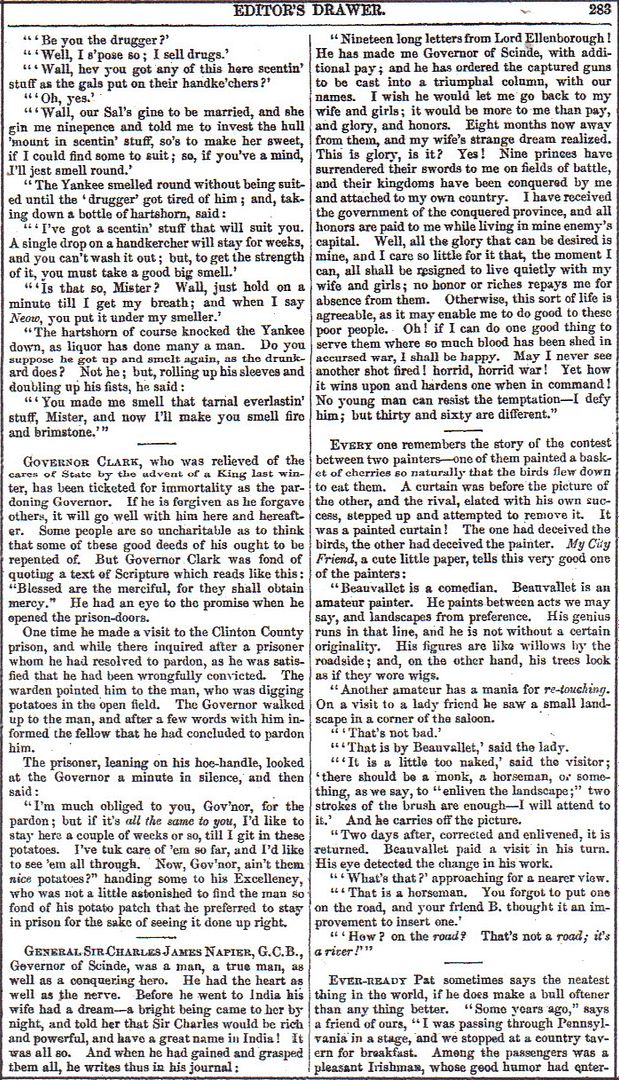
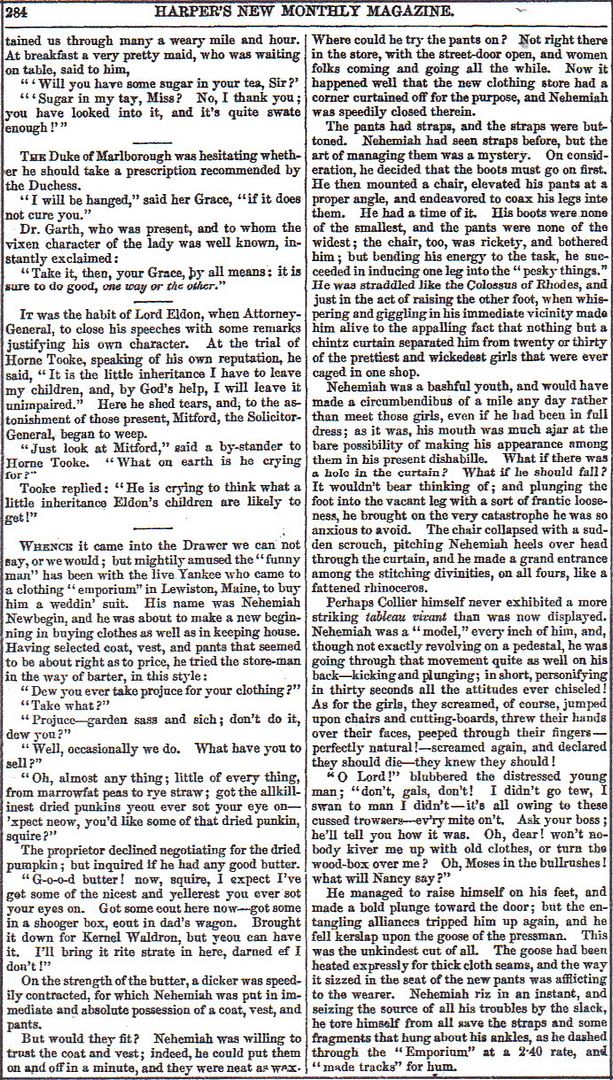
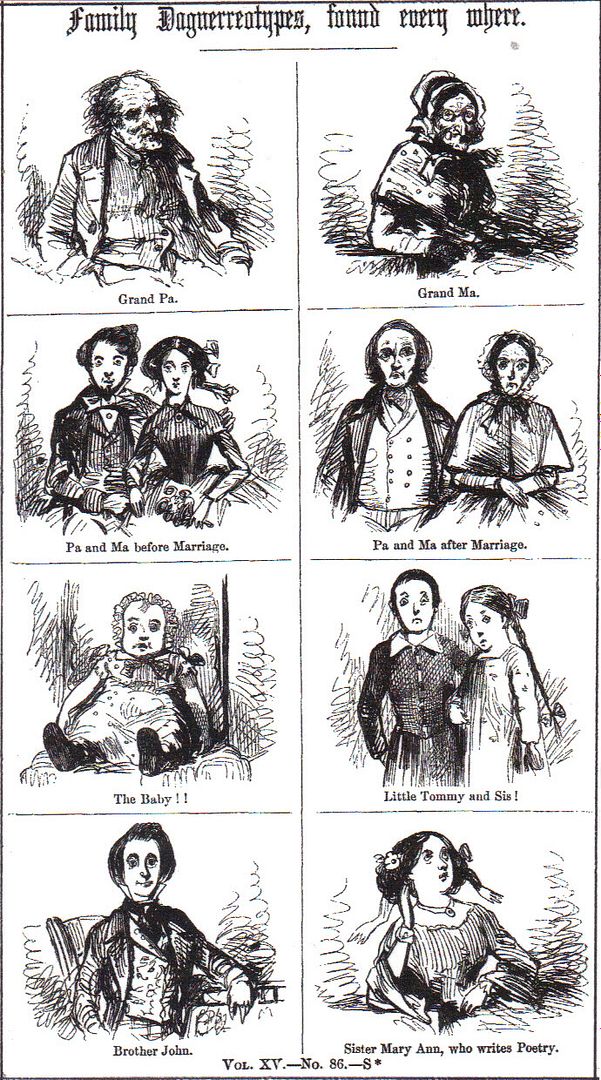
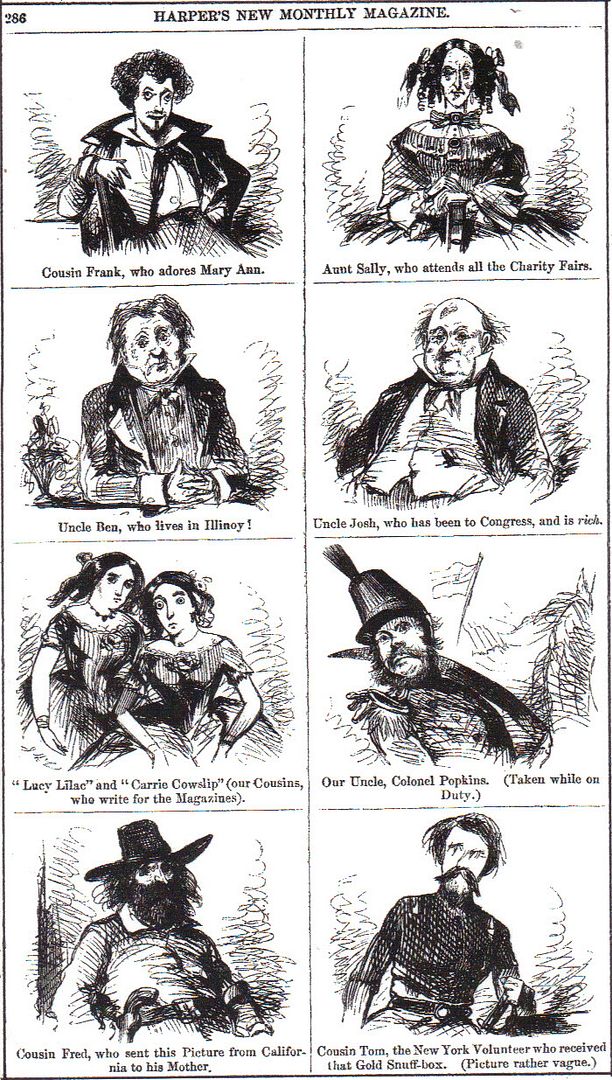
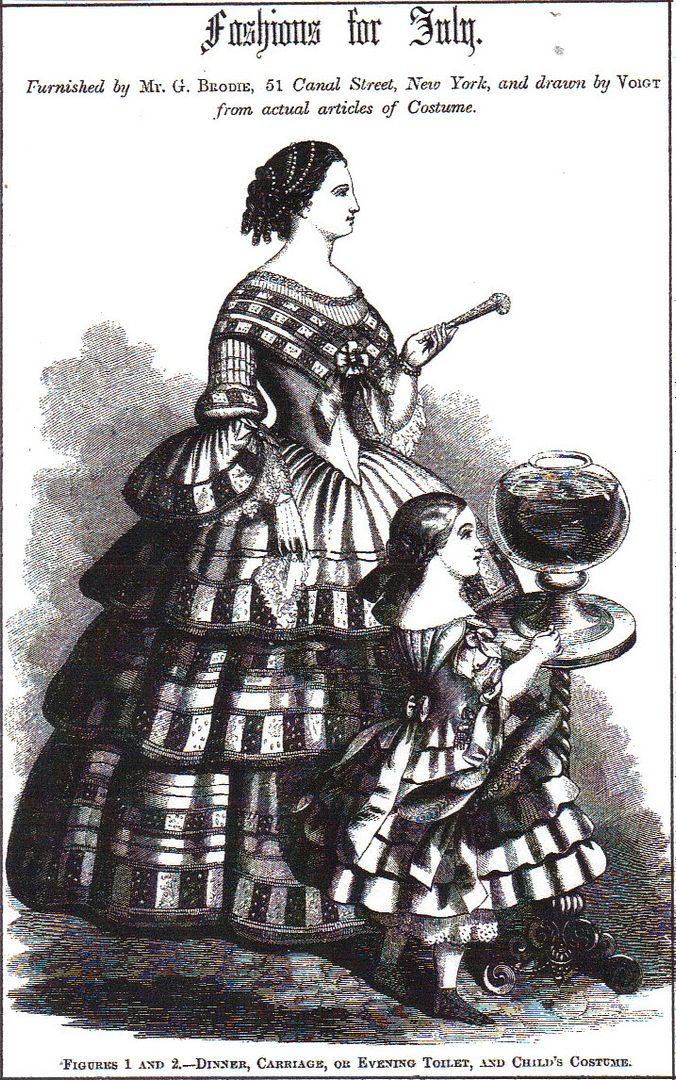
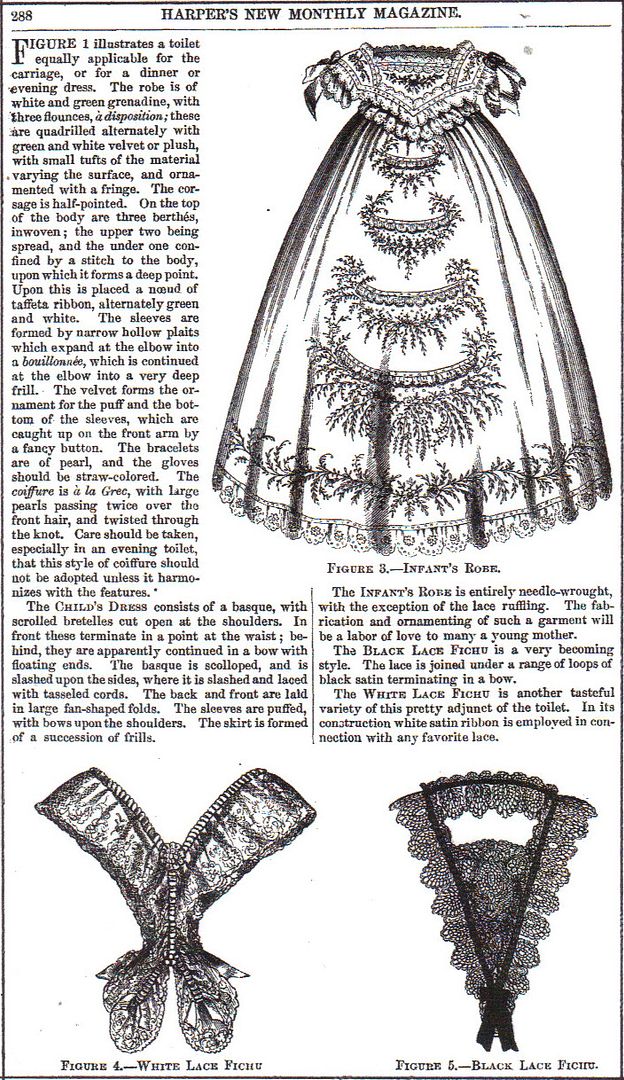
When my maternal grandmother, who died around 1990, lived in the Philadelphia (PA) Protestant Home, the Home had a German church service each Sunday and a weekly German hymn-sing.
My paternal Great X 5 grandfather immigrated from Germany and settled in Lancaster Co. PA, where he died in 1790. That line moved west with the country - Indiana, Ohio, Kansas, finally Oregon. My paternal grandmother’s parents both came over from Germany in mid-19th century and took the Oregon Trail as far as Durkee, OR, where the 2 branches of my family joined.

That’s an interesting chart. My county shows “African American” as the largest group. A quick search on the county shows that “AA”=11% and “Hispanic” is 10%, but of course the 78% that are “white” come from a wide variety of ancestries.
When I read these articles and excerpts, I like to make my lists of similarities, differences, and analogies from then to today. As far as the opinion of “Teutonia” goes, eventually it didn’t become a problem. The Teutons became American. When this article was written, my great-great grandfather was one of those “Teutons,” having gotten off the boat from Stettin in 1848. By this time, he’s settled into life as a tailor in Watertown Wisconsin and is already father of three. There will be two more before the war and another four after. Watertown is mostly German, so he’s right at home.
While I read, speak and write German, it’s not from having grown up with it. My mother, on the other hand, grew up speaking Macedonian in the home, as her mother never spoke English. Grandpa came off the boat in 1906 from Macedonia and sent for Grandmother Bobolinka later. But I never spoke Macedonian and the “Macedonian Tribune” on Grandpa’s table was all Greek to me. (Nerdy henkster joke; the written Macedonian language uses Cyrillic text).
So for ancestry, I’m half German and half Macedonian. What does it mean, other than that I am orderly and methodical about nursing my grudges? Nothing. I am an American.
And that’s were we have changed and not for the better. This whole “tossed salad” concept of immigration has all the ingredients of a disaster. I don’t mind honoring an ethnic heritage. Heck, we have a moslem Middle-Eastern restaurant in town and I love to eat there. The seasoned beef/eggplant is to die for (another nerdy henkster joke?). But the point is that everyone who comes to America needs to become Americans first, and “something else” second.
Which brings me to the one sticking sore in American society; not ethnicity, but race. That’s where you get the biggest analogy to “the Teutons will riot” aspect of this article. That one has proven intractable, first because whites didn’t want to give the black man a chance, and then black man didn’t really get a fair chance because the democrats kept him drugged and shackled on the plantation with the welfare state. We really didn’t give blacks a reason to be Americans until about a generation ago. And there are undoubtedly many successful and productive black people in America now. But there are far too many who are not, and have very little prospect of ever being productive. Not because they are oppressed by the “white man” but are sold into a dependency bondage often by their own leaders.
I often wonder what our nation would have been if we had passed the Civil Rights Act (which was the right thing to do) but did not pass the “Great Society” welfare programs. My gut tells me we would be a whole lot better off.
I agree strongly with your conclusion. Thomas Sowell has done a great deal of analysis on the social and economic status of black people in the United States, and he has demonstrated that the significant progress blacks were making before the Civil Rights Act stopped dead when the welfare programs were passed.
Although there are now more black people who are able to do very well, often in government positions, there are also catastrophically more who are the product of unmarried mothers in communities plagued by violence and squalor.
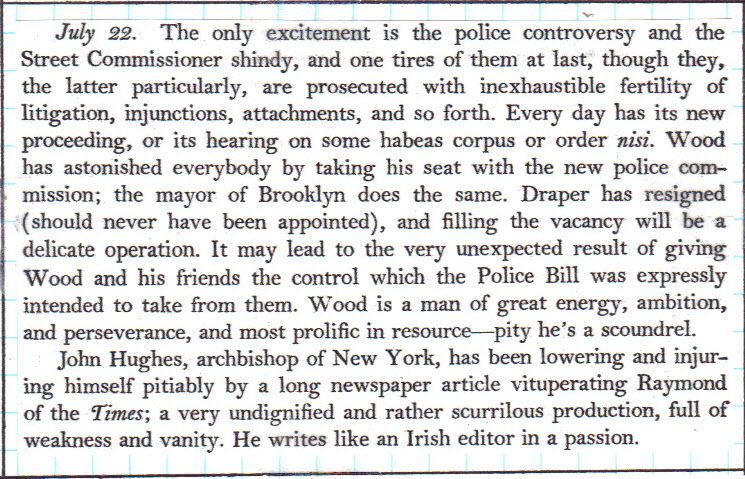
The Diary of George Templeton Strong, Edited by Allan Nevins and Milton Halsey Thomas
Looks like Mayor Wood is co-opting the “independent” police commission. It’s what politicians do.
July 23. Jack Ehninger and Theodore Winthrop called. Winthrop is a good fellow, only he’s subject to an offensive eruption of bad puns.
The Diary of George Templeton Strong, Edited by Allan Nevins and Milton Halsey Thomas
If this is the same Theodore Winthrop as the one below, he will be an early casualty in the coming conflict.
People have said that about me for at least the last 45 years :-)
Dagger John, you’re not going to get anywhere trying to play the public press. Gotta take to the streets!
His facial hair is a natural wonder. It reminds me of my FRiend in Las Vegas who calls her apartment-complex manager “Casey and his pet beard.”
Your slightly cryptic post intrigued me so I clicked a few times and found this interesting story.
https://www.city-journal.org/html/how-dagger-john-saved-new-york%E2%80%99s-irish-11934.html
Part of the way through the article quotes George T. Strong (as an example of anti-Irish bigotry) and refers to him as “former mayor.” I must have missed that part of his career.
Wikipedia does not mention Strong’s being mayor. Perhaps the City Journal’s writer got him mixed up with someone else.
Although George T. is quite negative about the Irish, I would say he had an “anti-Irish attitude,” rather than “bigotry” or “prejudice.” Many of the Irish pouring into New York at the time were at quite a low level of sanitation, culture, and education. They also had a high crime rate, as poor, immigrant, uneducated, young men often do. His views, therefore, while not kind, were based on experience.
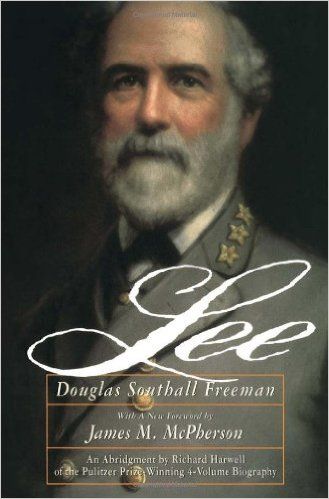
Continued from April 18 (Reply #64)
Although he had no idea that such fortune awaited him when he next rode away, Lee was never to see Camp Cooper again. Arriving at Fort Mason in time for the assembly of a court on July 15, he had been there only eight days when an express arrived with orders to proceed at once to San Antonio and to take command of the regiment, as Colonel Johnston had been called to Washington by the War Department. Lee reached San Antonio on the 28th and assumed command the next day. Life was now much more pleasant. San Antonio was immeasurably a more acceptable post than poor Camp Cooper. Instead of a tent there were quarters, a whole house, indeed, which Lee occupied on August 1. He found friends there, too among them the family of Major R.H. Chilton, paymaster, who was to serve later as his chief of staff.
Douglas Southall Freeman, Lee, an abridgement by Richard Harwell
The R.H. Chilton mentioned here would play a role in the story of the lost order of Antietam, also known as special order 191. He actually wrote the order. After the order was lost and later found by men from the 27th Indiana Infantry Regiment it was forwarded to McClellan’s headquarters where an officer who knew Chilton verified the order was genuine.
Special Orders, No. 191
Hdqrs. Army of Northern Virginia
September 9, 1862
The citizens of Fredericktown being unwilling while overrun by members of this army, to open their stores, to give them confidence, and to secure to officers and men purchasing supplies for benefit of this command, all officers and men of this army are strictly prohibited from visiting Fredericktown except on business, in which cases they will bear evidence of this in writing from division commanders. The provost-marshal in Fredericktown will see that his guard rigidly enforces this order.
Major Taylor will proceed to Leesburg, Virginia, and arrange for transportation of the sick and those unable to walk to Winchester, securing the transportation of the country for this purpose. The route between this and Culpepper Court-House east of the mountains being unsafe, will no longer be traveled. Those on the way to this army already across the river will move up promptly; all others will proceed to Winchester collectively and under command of officers, at which point, being the general depot of this army, its movements will be known and instructions given by commanding officer regulating further movements.
The army will resume its march tomorrow, taking the Hagerstown road. General Jackson’s command will form the advance, and, after passing Middletown, with such portion as he may select, take the route toward Sharpsburg, cross the Potomac at the most convenient point, and by Friday morning take possession of the Baltimore and Ohio Railroad, capture such of them as may be at Martinsburg, and intercept such as may attempt to escape from Harpers Ferry.
General Longstreet’s command will pursue the same road as far as Boonsborough, where it will halt, with reserve, supply, and baggage trains of the army.
General McLaws, with his own division and that of General R. H. Anderson, will follow General Longstreet. On reaching Middletown will take the route to Harpers Ferry, and by Friday morning possess himself of the Maryland Heights and endeavor to capture the enemy at Harpers Ferry and vicinity.
General Walker, with his division, after accomplishing the object in which he is now engaged, will cross the Potomac at Cheek’s Ford, ascend its right bank to Lovettsville, take possession of Loudoun Heights, if practicable, by Friday morning, Key’s Ford on his left, and the road between the end of the mountain and the Potomac on his right. He will, as far as practicable, cooperate with General McLaws and Jackson, and intercept retreat of the enemy.
General D. H. Hill’s division will form the rear guard of the army, pursuing the road taken by the main body. The reserve artillery, ordnance, and supply trains, &c., will precede General Hill.
General Stuart will detach a squadron of cavalry to accompany the commands of Generals Longstreet, Jackson, and McLaws, and, with the main body of the cavalry, will cover the route of the army, bringing up all stragglers that may have been left behind.
The commands of Generals Jackson, McLaws, and Walker, after accomplishing the objects for which they have been detached, will join the main body of the army at Boonsborough or Hagerstown.
Each regiment on the march will habitually carry its axes in the regimental ordnance—wagons, for use of the men at their encampments, to procure wood &c.
By command of General R. E. Lee
R.H. Chilton, Assistant Adjutant General
That order is just about the right length to wrap a few cigars in.
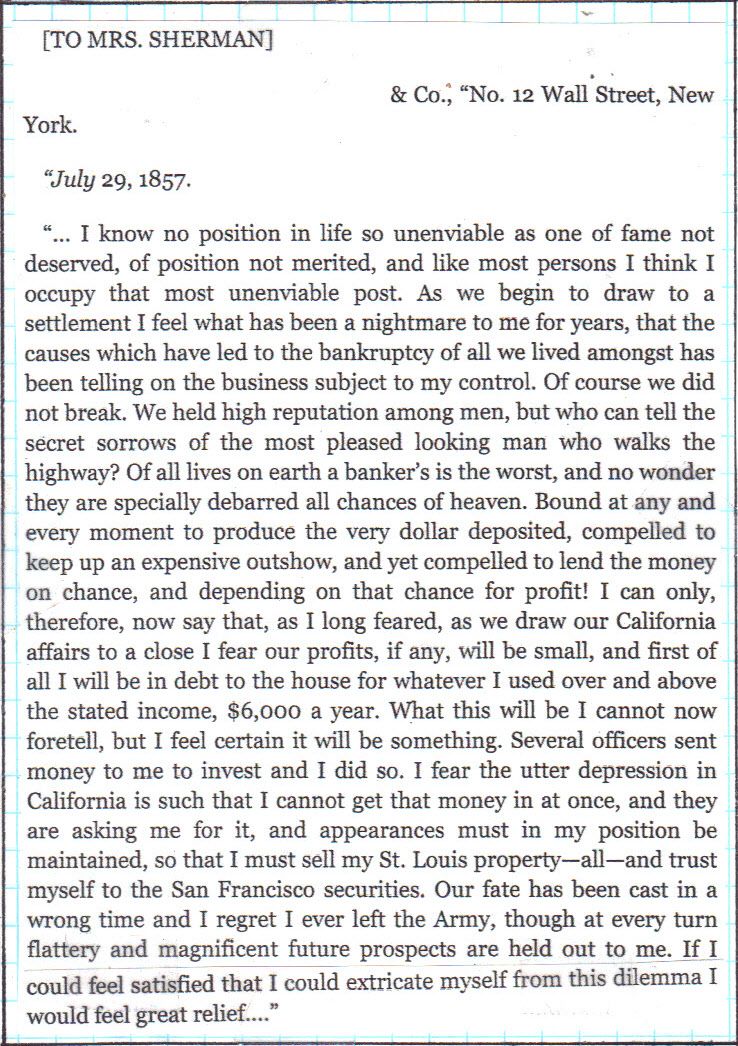
Home Letters of General Sherman, edited by M.A. DeWolfe Howe, 1909
Gee, I wish I was back in the Army
The Army wasn't really bad at all
Disclaimer: Opinions posted on Free Republic are those of the individual posters and do not necessarily represent the opinion of Free Republic or its management. All materials posted herein are protected by copyright law and the exemption for fair use of copyrighted works.